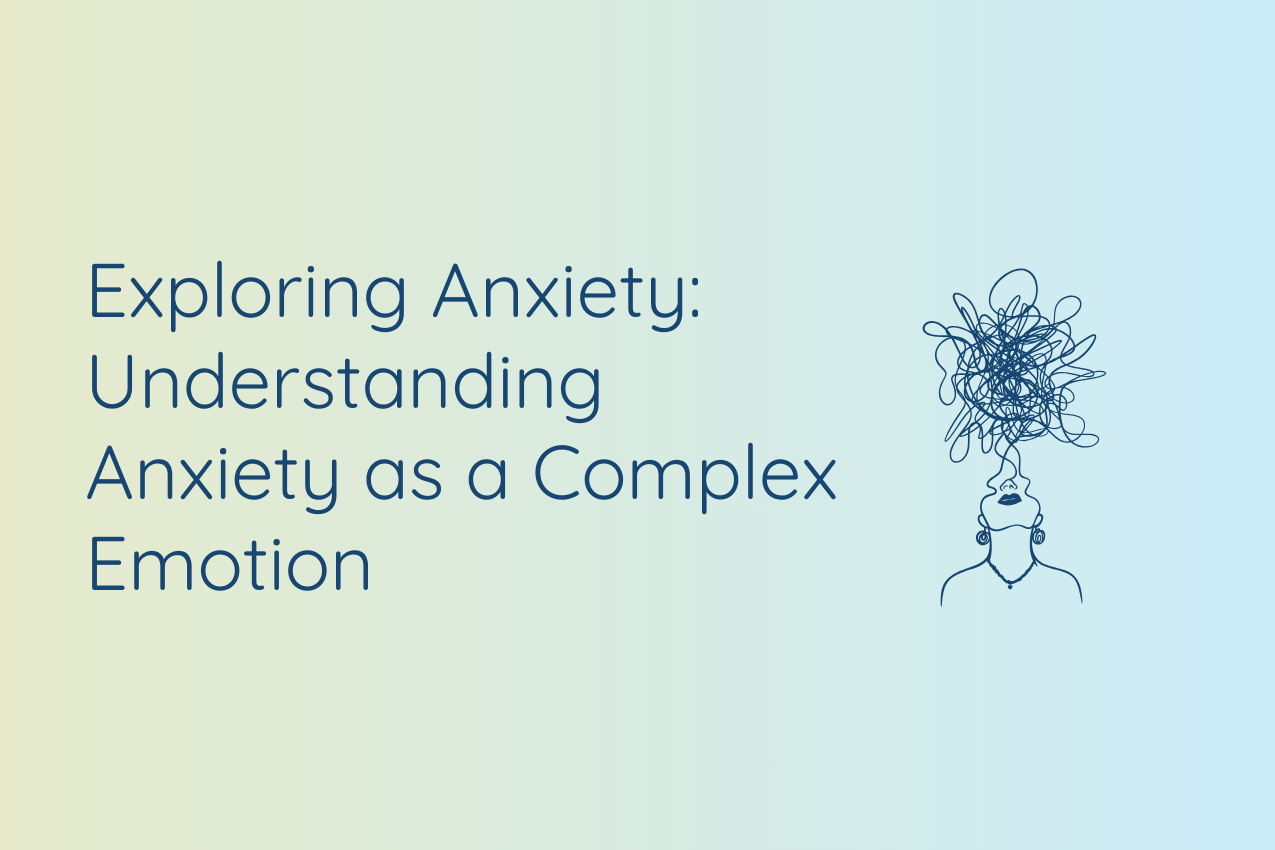Therapies: Exploring the Path to Healing and Well-being
In today’s fast-paced world, where stress and mental health issues are on the rise, finding effective ways to heal and achieve well-being has become a top priority. This is where therapies come into play, offering a wide range of approaches to address physical, emotional, and psychological challenges.
Therapies encompass various techniques and modalities that aim to support individuals in their journey toward healing and self-discovery. Whether you’re seeking relief from chronic pain, managing anxiety or depression, or simply looking for personal growth and self-improvement, there is a therapy out there that can cater to your unique needs.
One popular form of therapy is psychotherapy, also known as talk therapy. This approach involves engaging in conversations with a trained therapist who provides guidance and support in navigating life’s challenges. Through dialogue and exploration of thoughts, feelings, and behaviors, psychotherapy helps individuals gain insight into themselves and develop coping strategies for managing difficulties.
Another widely recognized therapy is cognitive-behavioral therapy (CBT). CBT focuses on identifying negative thought patterns that contribute to distressing emotions and behaviors. By challenging these thoughts and replacing them with more positive and realistic ones, CBT empowers individuals to change their responses to life’s stressors.
For those seeking a more holistic approach that considers the mind-body connection, complementary therapies such as acupuncture or massage therapy may be beneficial. Acupuncture involves the insertion of fine needles into specific points on the body to promote balance and alleviate pain or discomfort. Massage therapy utilizes touch to relax muscles, reduce tension, improve circulation, and enhance overall well-being.
In recent years, mindfulness-based therapies have gained significant popularity. Mindfulness practices involve being fully present in the moment without judgment. These therapies help individuals cultivate self-awareness, manage stress effectively, improve focus, enhance relationships, and develop a greater sense of overall peace.
For individuals who prefer a more alternative approach, there are therapies like hypnotherapy or energy healing. Hypnotherapy utilizes guided relaxation techniques to induce a state of heightened suggestibility, allowing individuals to access their subconscious minds and address deeply rooted issues. Energy healing modalities like Reiki or acupuncture aim to balance the body’s energy flow, promoting physical and emotional healing.
It’s important to note that therapy is not limited to addressing mental health concerns alone. It can also be a valuable tool for personal growth and self-improvement. Life coaching, for example, focuses on helping individuals set goals, develop strategies, and achieve their full potential in various aspects of life.
In conclusion, therapies offer a diverse range of approaches to support individuals in their quest for healing and well-being. Whether you’re seeking relief from physical pain, emotional distress, or simply looking for personal growth, there is a therapy that can cater to your unique needs. By exploring different modalities and working with trained professionals, you can embark on a transformative journey toward improved overall health and happiness. Remember, seeking help is not a sign of weakness but rather an empowering step toward living your best life.
Frequently Asked Questions About Therapies: Types, Varieties, Self-Therapy, and Common Approaches
- What are the 5 types of therapy?
- What are all the therapies?
- How do I give myself therapy?
- What is one of the most commonly used therapies?
What are the 5 types of therapy?
There are numerous types of therapy available to address various needs and concerns. Here are five common types of therapy:
- Cognitive-Behavioral Therapy (CBT): CBT focuses on identifying and changing negative thought patterns and behaviors that contribute to distress. It helps individuals develop new coping strategies, challenge irrational beliefs, and promote positive change.
- Psychoanalytic Therapy: This type of therapy is based on the theories of Sigmund Freud. It explores unconscious thoughts and emotions that may be influencing a person’s behavior and mental well-being. Through analysis and interpretation, psychoanalytic therapy aims to bring about insight and resolution.
- Humanistic Therapy: Humanistic therapy emphasizes self-exploration, personal growth, and self-acceptance. It focuses on the present moment, promoting self-awareness, empathy, and understanding. Client-centered therapy is a well-known humanistic approach developed by Carl Rogers.
- Family Therapy: Family therapy involves working with families or couples to improve communication, resolve conflicts, and enhance relationships. It recognizes that individual well-being is influenced by family dynamics, aiming to foster healthier interactions among family members.
- Mindfulness-Based Therapy: Mindfulness-based therapies incorporate mindfulness practices into the therapeutic process. These therapies help individuals cultivate present-moment awareness, non-judgmental acceptance, and emotional regulation. Mindfulness-based stress reduction (MBSR) and dialectical behavior therapy (DBT) are examples of this approach.
It’s important to note that this list is not exhaustive, as there are many other types of therapies available today. The choice of therapy depends on individual preferences, specific concerns or conditions being addressed, and the expertise of the therapist providing the treatment.
What are all the therapies?
There are numerous therapies available to address various physical, emotional, and psychological needs. Here is an overview of some commonly recognized therapies:
- Psychotherapy: Also known as talk therapy, psychotherapy involves conversations between a therapist and an individual or group. It aims to explore thoughts, emotions, and behaviors to promote self-awareness and develop coping strategies.
- Cognitive-Behavioral Therapy (CBT): This therapy focuses on identifying and challenging negative thought patterns that contribute to distressing emotions and behaviors. CBT helps individuals replace negative thoughts with more positive and realistic ones.
- Mindfulness-Based Therapies: These therapies incorporate mindfulness practices to cultivate present-moment awareness without judgment. They help individuals manage stress, improve focus, enhance relationships, and promote overall well-being.
- Hypnotherapy: Hypnotherapy utilizes guided relaxation techniques to induce a state of heightened suggestibility, allowing individuals to access their subconscious minds and address deep-rooted issues.
- Art Therapy: Art therapy involves using various art forms like painting, drawing, or sculpting as a means of self-expression. It can help individuals explore emotions, reduce stress, and enhance personal growth.
- Music Therapy: Music therapy utilizes music interventions such as listening or creating music to address emotional, cognitive, social, and physical needs. It can be beneficial for individuals with mental health conditions or those seeking personal growth.
- Dance/Movement Therapy: This therapy incorporates movement and dance as a means of self-expression and exploration of emotions. It can promote body awareness, improve self-esteem, and enhance overall well-being.
- Occupational Therapy: Occupational therapists assist individuals in regaining or developing skills necessary for daily life activities after injury or illness. They focus on improving physical abilities and enhancing independence.
- Physical Therapy: Physical therapists work with individuals to improve mobility, strength, flexibility, balance, and overall physical function through exercises and manual techniques.
- Massage Therapy: Massage therapists use touch and various techniques to manipulate muscles and soft tissues, promoting relaxation, reducing pain, and improving circulation.
- Acupuncture: This therapy involves the insertion of fine needles into specific points on the body to promote balance, alleviate pain, and address various health conditions.
- Energy Healing: Energy healing modalities like Reiki or acupuncture aim to balance the body’s energy flow, promoting physical and emotional healing.
- Group Therapy: Group therapy involves a therapist facilitating a session with a small group of individuals who share similar concerns or goals. It provides a supportive environment for shared experiences and learning from others.
- Family Therapy: Family therapy focuses on improving communication and resolving conflicts within family systems. It helps strengthen relationships and promotes understanding among family members.
- Couples Therapy: Couples therapy aims to improve relationship dynamics by addressing conflicts, enhancing communication skills, and fostering intimacy between partners.
These are just a few examples of the many therapies available. Each therapy has its own unique approach and benefits, so it’s important to consult with professionals to determine which therapy aligns best with your specific needs.
How do I give myself therapy?
While self-therapy cannot replace the expertise and guidance of a trained therapist, there are practices you can incorporate into your life to support your mental and emotional well-being. Here are some strategies for giving yourself therapy:
- Self-reflection: Take time to reflect on your thoughts, feelings, and experiences. Journaling can be a helpful tool for self-reflection, allowing you to explore your emotions, identify patterns, and gain insights into yourself.
- Mindfulness and meditation: Practice mindfulness by bringing your awareness to the present moment without judgment. Engage in meditation or mindfulness exercises to cultivate a sense of calm, reduce stress, and increase self-awareness.
- Self-care: Prioritize self-care activities that nurture your physical, emotional, and mental well-being. This may include regular exercise, healthy eating habits, adequate sleep, engaging in hobbies or activities you enjoy, and setting boundaries to protect your time and energy.
- Positive self-talk: Pay attention to the way you speak to yourself internally. Challenge negative self-talk by replacing it with positive affirmations and compassionate statements. Be kind and supportive toward yourself as you would be toward a friend.
- Emotional regulation techniques: Learn techniques to manage overwhelming emotions effectively. Deep breathing exercises, progressive muscle relaxation, or grounding techniques can help calm the mind and body during times of stress or anxiety.
- Seeking knowledge: Educate yourself about topics related to mental health and personal growth through books, podcasts, or online resources. Understanding different therapeutic approaches can provide insights into coping strategies that may resonate with you.
- Building a support network: Surround yourself with positive influences and supportive individuals who uplift you. Seek out trusted friends or family members with whom you can share your thoughts and feelings openly.
- Setting goals: Identify areas in your life where you want to make positive changes or improvements. Set realistic goals for personal growth and work towards them step by step.
- Seeking professional help when needed: While self-therapy practices can be beneficial, there may be times when professional guidance is necessary. If you find yourself struggling with persistent or severe mental health issues, consider reaching out to a licensed therapist or counselor for support.
Remember, self-therapy is a complementary approach that can enhance your well-being, but it should not replace professional therapy when needed. If you’re experiencing significant distress or facing complex challenges, seeking the assistance of a trained therapist is recommended for more specialized support and guidance.
What is one of the most commonly used therapies?
One of the most commonly used therapies is cognitive-behavioral therapy (CBT). CBT is a widely recognized and evidence-based approach that focuses on the connection between thoughts, feelings, and behaviors. It aims to help individuals identify and challenge negative or distorted thoughts and beliefs that contribute to emotional distress or problematic behaviors. By replacing these thoughts with more realistic and positive ones, CBT helps individuals develop healthier coping mechanisms and achieve desired behavioral changes. CBT is often utilized in the treatment of various mental health conditions such as anxiety disorders, depression, post-traumatic stress disorder (PTSD), and addiction. Its structured nature and practical strategies make it an effective therapy for many individuals seeking relief from psychological challenges.


